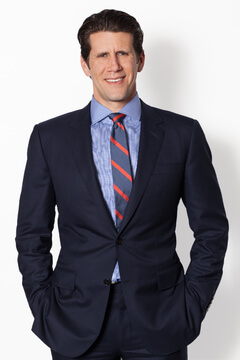Sexual harassment is a problem in essentially every industry, from corporate America to the non-profit sector. But a few industries tend to see more incidents of sexual harassment. The movie industry is one of them. The events leading up to the May 25, 2018 arrest of producer Harvey Weinstein emphasize this point.
Over the past several months, several women have come forward to accuse him of quid pro quo sexual harassment: he demanded sexual favors in exchange for promising them a job, promotion, pay raise or consideration for a job. Quid pro quo means this for that: this sexual conduct for that [promotion, pay raise, etc.]. The allegations against Harvey Weinstein are the most aggressive forms of quid pro quo sexual harassment. Less extreme examples involve a manager making sexually inappropriate remarks and the employee believing he or she must endure the comments to get promoted, or an employee accepting a date invitation from her employer because or she fears being retaliated against.
The allegations against Harvey Weinstein, in addition to constituting sexual harassment, arguably constitute civil assault and battery. When a supervisor engages in this behavior, an employer is almost always jointly liable. An employer will be jointly liable if a peer is doing the harassment if the employer knew he/she was a bad actor or should have known. For example, others had previously accused the employee of similar acts but the employer did nothing.
In addition to highlighting the problem of sexual harassment in the movie industry, the Harvey Weinstein accusations also show that many victims of sexual harassment or a hostile work environment fear coming forward and complaining to Human Resources or to anyone else. The decision not to come forward is usually based on a combination factors: the fear nobody will believe you; the supervisor’s position in the company and the related fear of being retaliated against or black listed within the company; and the fear being known outside your company as someone who makes sexual harassment and hostile work environment allegations.
These fears are understandable, which is why it is important to speak with a sexual harassment lawyer as soon possible if you believe you are a victim of sexual harassment or a hostile work environment. An experienced sexual harassment lawyer can walk you through those fears and work with you on the most appropriate strategy for your case.
In the end, nobody should have to endure sexual harassment at work or a hostile work environment. You should contact the top rated, experienced sexual harassment lawyers at Lipsky Lowe if you have been subjected to sexual harassment or a hostile work environment.
